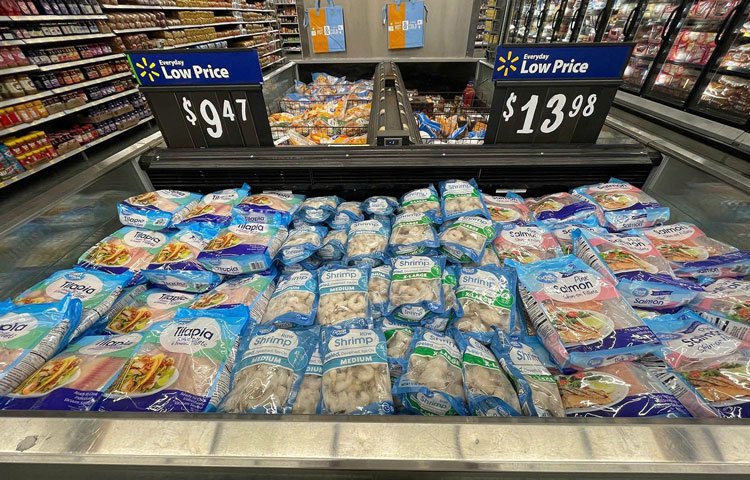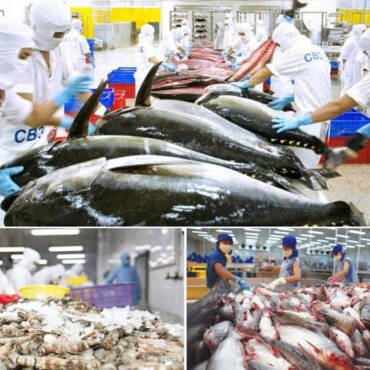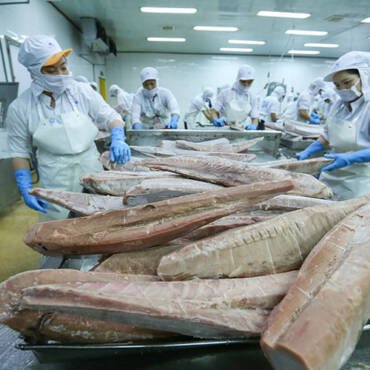(TSVN) – Recently, the US Food and Drug Administration (FDA) discovered the radioactive isotope Cesium-137 in a batch of processed shrimp originating from Indonesia, produced at the PT Bahari Makmur Sejati (BMS) factory near the Cikande industrial zone (Java). This is an area believed to have signs of widespread radioactive contamination, causing Indonesian authorities to launch an urgent investigation and discover more than 20 facilities in the area with traces of Cs-137 contamination.
Following this discovery, the FDA issued an order tightening mandatory import certification for shrimp and seafood shipments from at-risk areas, effective from the end of October 2025. This decision immediately caused shock waves in the shrimp industry in Indonesia the world’s fourth-largest shrimp exporter, accounting for about 6% of total global exports and the source of nearly 60% of US shrimp imports from Southeast Asia.
Within weeks of the incident, US importers halted orders, and many batches of Indonesian shrimp were returned or held for additional testing. Processing orders fell by 30-35%, and domestic raw material prices dropped by 35%, causing the supply chain to almost collapse. Many processors were forced to cut production, farmers lost their output, and factories had to spend tens of thousands of dollars more per shipment to meet FDA radiation testing requirements.
Indonesia is facing a serious risk of losing its trade reputation, especially in the US market, which requires the highest hygiene and safety standards. Even if the government completes decontamination and is allowed to re-export, it could take years to restore buyer confidence. Importers are shifting orders to countries that are considered safer and more transparent.
The Vietnam Association of Seafood Exporters and Producers (VASEP) believes that Indonesia will temporarily lose some of its market share in the US, with other Asian suppliers having the opportunity to fill the gap. Consumption trends will also shift significantly towards deeply processed products, with transparent traceability and safety certification.
Therefore, Vietnamese shrimp enterprises need to proactively turn the crisis into an opportunity. The first important thing is to test and publish information transparently. Having internationally recognized testing documents ready will help enterprises easily overcome new technical barriers.
In addition, promote the export of value-added products. When safety confidence is strengthened, deeply processed products such as cooked shrimp, breaded shrimp, flavored shrimp, etc. will be an attractive segment with higher profit margins, and at the same time, less affected by strict inspection regulations applied to fresh raw materials.




Add Comment